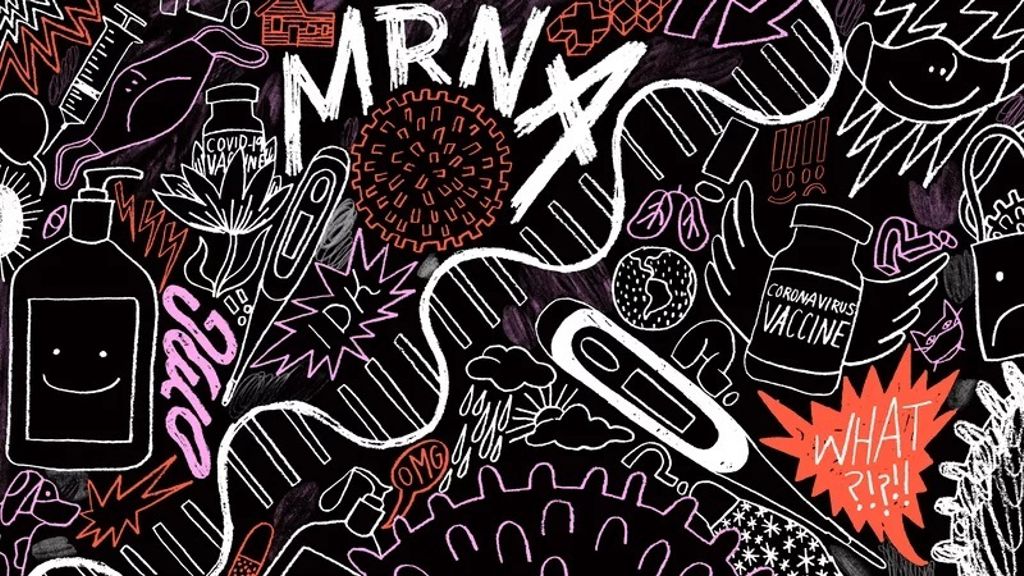
The Associated Press published a story claiming Russian missiles struck Poland after an editor decided that a single anonymous source was sufficient, newly published internal messages show.
Reporter James LaPorta said in a Slack chat room that he’d heard from a source, described as a senior American intelligence official, that “Russian missiles crossed into Poland.” LaPorta said his source had been vetted by Ron Nixon, an Associated Press vice president.
Lisa Leff, an editor, asked if the wire service could run with the narrative despite only having a single source.
“That call is above my pay grade,” LaPorta said.
Vanessa Gera, an Associated Press reporter, said that she supported sending out an alert, writing, “I can’t imagine a US intelligence official would be wrong on this.”
Leff asked Zeina Karam, another editor, what she thought. “Yes should be ok I see source vetted by @rnixon.”
“Sending alert, barring no objections,” Leff said.
The Associated Press was the first outlet to report that Russian missiles struck Poland on Nov. 15. The outlet later retracted the report after information emerged pointing to the missile actually being fired by Ukraine, and fired LaPorta, one of the reporters whose name was on the byline.
Semafor obtained and published the internal messages. The Associated Press did not dispute their authenticity.
LaPorta, Gera, and Nixon did not respond to requests for comment. Leff and Karam could not be reached.
In the immediate aftermath of the report being published, some officials floated the attack triggering obligations under the North Atlantic Treaty Organization alliance.
LaPorta told colleagues: “Wonder if this triggers Article 5?”
Article 5 says that an attack against any one member of the alliance is considered an attack against all allies. The United States is part of the organization.
“My thoughts exactly,” another Associated Press employee wrote. Their name was redacted.
Anonymous Source Standards
News outlets deal with anonymous sources differently. At the Associated Press, the outlet says reporters can only cite anonymous sources if the material is information, rather than opinion or speculation, and is vital to the report.







